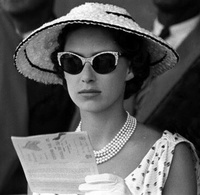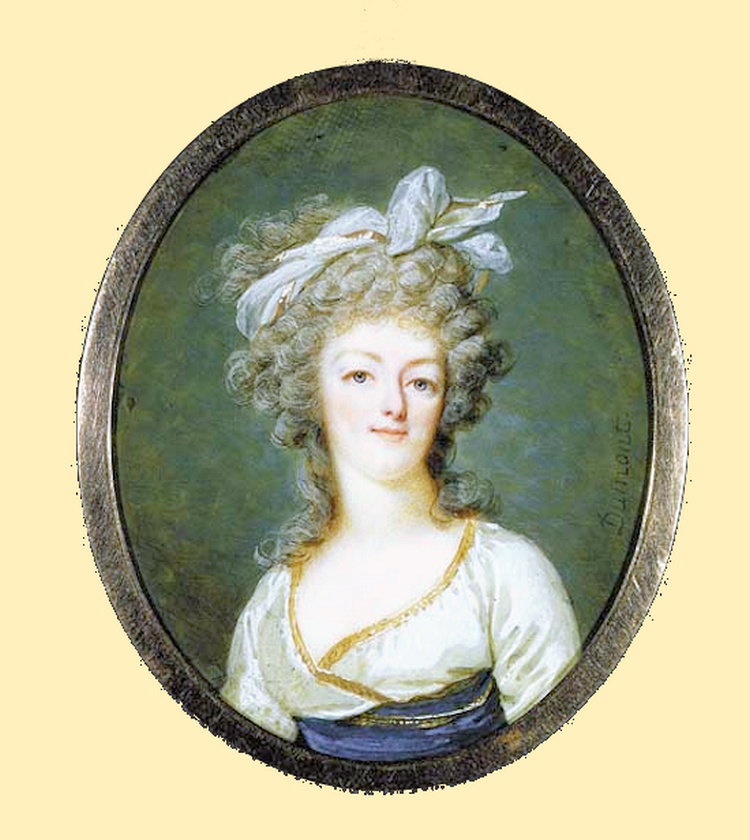flower power

Nombre de messages : 499
Date d'inscription : 09/05/2015
 |  Sujet: Courtly life and letters in the Age of Marie Antoinette Sujet: Courtly life and letters in the Age of Marie Antoinette  Sam 16 Déc - 10:07 Sam 16 Déc - 10:07 | |
| Envie de travailler sur les lettres de Marie-Antoinette ? - Recherche – Appel à candidatures pour un contrat doctoral : « Courtly life and letters in the Age of Marie Antoinette » (Oxford University / Centre de recherche du château de Versailles ; date limite : 5 janvier 2024)
Collaboration entre l'Université d'Oxford et le Centre de recherche du château de Versailles. Vous aurez tous les détails sur cette page https://crcv.hypotheses.org/12231 Description du projet - Letters are an invaluable source of information about activities at Court (both habitual and exceptional) and they often constitute the only way of accessing the thoughts and feelings of those who lived there, whatever their status. Ancien Régime Court life led to multiple exchanges, sometimes through clandestine networks. The letters could be official, for instance when they accompanied the negotiation of a treaty or were a way of sending diplomatic wishes to a powerful individual like a sovereign or a high-ranking Church dignitary. They could also be more personal. When Marie Antoinette (1755-1793), Dauphine and then Queen of France, wrote to Empress Maria Theresa (1717-1780), in Vienna, she sought to tell her Mother about French Court life and not only to exchange news about family members. To discover what princes or princesses actually thought about matters like education, how they envisaged their responsibilities or what their engagement was with cultural and intellectual trends, their surviving letters constitute an important and often underused resource. More mundane letters between members of the administration or suppliers let us into aspects of daily life, both upstairs and downstairs, like when artists write to arrange for the payment of portraits they have painted, craftsmen send invoices for repairs to furniture or the fabric of buildings, or enterprising inventors and tradesmen and women seek to promote their wares. These are just some examples of the types of letters written at or sent to the court at Versailles in the years preceding the French Revolution.
We invite prospective students to design their own doctoral project to fit in to the broad lines suggested above. They should plan to include or use published and unpublished correspondences to study some aspect of princely letter-writing and/or court life at the end of the eighteenth century (their thesis could be based on an individual’s correspondence or a thematic approach for instance): there is ample scope for the student to shape their approach according to their interests. The studentship is offered in association with the prestigious Centre de recherche du château de Versailles. The successful student will be a member of the international “LMA” (Lettres de Marie Antoinette) team. This is located at the Château de Versailles and has associations with institutions including the Archives Nationales in Paris and the Haus- Hof- und Staatsarchiv in Vienna as well as members from across France, the United Kingdom, Sweden etc. The “LMA” project aims to locate and catalogue all of Marie Antoinette’s surviving letters. Although the letters of Marie Antoinette may not be the subject of the thesis, the student will be expected to take part in “LMA” activities by transcribing letters and, after being trained in WordPress by the Versailles team, by writing blogposts directly relating to the project and to their doctoral research. They will take part in the “LMA” project team meetings (both in person and online). Whilst based in Oxford for most of the doctoral preparation period, the student will be expected to make at least annual visits to Versailles with the length of their stay depending on the needs of their thesis and the stage the project has reached. They will be invited to help organise a study-day and/or seminar with the in-house team and to attend events organised by the Research Centre. There may be an opportunity to undertake a three-month placement within the Research Centre.
Supervision - The main academic supervisor is Catriona Seth FBA, Marshal Foch Professor of French Literature. The student will be based in Oxford’s Faculty of Medieval and Modern Languages, one of the world’s leading centres for the study of multiple literatures and cultures in one of the biggest and most vibrant languages faculties in the world. The Faculty has an active research culture and regularly hosts workshops and conferences that bring together students and faculty members in – and between – individual languages and disciplines. The Modern Languages Graduate Network offers academic and social opportunities for graduate students, including graduate-led seminars, and a mentoring scheme is in place to help new graduates integrate into the Oxford academic community. The Faculty also maintains an active presence in TORCH (The Oxford Research Centre in the Humanities) with graduates, early career researchers, and faculty participating in its research networks and programmes.
The student will benefit from the active supervision of Dr Mathieu da Vinha, Directeur Scientifique, Centre de recherche du château de Versailles. The partner will offer the student a chance to acquire palaeographical skills, skills in archival research, in editorial practice (both digital-born and print), in conservation techniques but also in heritage-based knowledge exchange.
Procédure pour postuler - We invite applications from candidates from all backgrounds and ethnicities. Applicants will have an excellent degree in French or be a fluent French-speaker with a degree in another apposite Humanities subject (Comparative literature, History, English etc.). A background or interest in the 18th century would be a strong advantage. Prior interest in Court life, in correspondences and their editions would be appreciated but is not a requirement. Applicants should meet the eligibility criteria for Open-Oxford-Cambridge AHRC studentships.
For an informal discussion about the opportunity and how you might frame your approach to the CDA project, please contact please contact Professor Catriona Seth FBA MAE (Catriona.Seth@mod-langs.ox.ac.uk)in the first instance.
You should apply to the DPhil in Modern Languages programme at Oxford by Friday 5th January 2024 (midday, UK time), indicate your interest in being considered for an Open-Oxford-Cambridge AHRC DTP studentship and submit a completed copy of the OOC DTP Application Form at the same time.
Further details on how to apply through Oxford can be found on our How to Apply page. Please include a reference to the advertised CDA title in your application form; you do not need to include a reference number
Beau projet mais manque de temps.
_________________
a mortifying family tradition
|
|
